
.png)
- Explore: Webinar Summary Resources
- Watch: Full Session Recording (YouTube)
Curious about collaborative science but unsure how to get started? Maybe you’re an early career scientist and you’re worried that collaborative science goals won’t align with the metrics and rewards of the academic tenure-track system. Or maybe you’re a resource manager or steward who is intrigued about the advantages of a collaborative approach but you’re not sure how it could fit into your work.
No matter your career track or level of experience, we believe collaborative science should be accessible and that there are countless entry points and pathways to success. If you are - or are working with - someone wondering how to get started doing collaborative science, this webinar is for you. Collaborative science practitioners at different moments in their careers discuss what it takes to do collaborative science, how it’s different, and why it makes a difference.
Collaborative Science Conversations
The NOAA RESTORE Science and NERRS Science Collaborative programs are back at it, teaming up to bring you the voices of project teams from the field through our Collaborative Conversations webinar series. These sessions dig into the unique value of collaborative science, what it feels like in practice, and tips and strategies for success.
About RESTORE: The NOAA RESTORE Science Program was authorized by Congress in the wake of the Deepwater Horizon oil spill to carry out research, observation, and monitoring to support the long-term sustainability of the Gulf of Mexico ecosystem, including its fisheries. The Science Program supports teams of resource managers, researchers, and stakeholders committed to working together to produce science that helps answer the questions resource managers are facing.
Panelists:
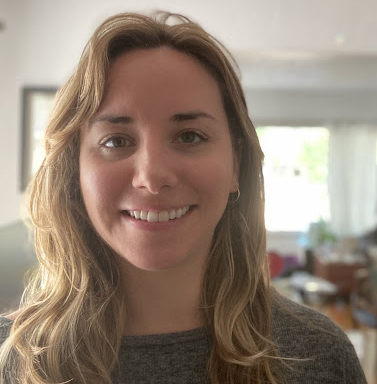 | Julie Gonzalez is a Ph.D. Candidate at University of California, Davis, and a current NOAA Margaret A. Davidson Fellow with the San Francisco Bay NERR. She is interested in estuarine community ecology, how to improve coastal habitat restoration and assessment, facilitating collaborative co-development of research projects and considering multiple stakeholder perceptions in the process. Over the past eight years she has been involved in several restoration projects along the California and Oregon coasts as both a research scientist and former Sea Grant Fellow/Project Manager with California State Coastal Conservancy. |
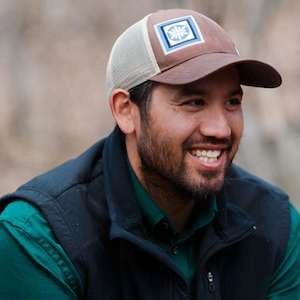 | Chris Peter leads the research and monitoring programs at the Great Bay Reserve. He also participates in regional and national efforts that advance estuarine science, monitoring and restoration, including a regional project that is studying how sea level rise will impact our salt marshes in the future. Chris appreciates Adams Point as the gateway to the Bay and enjoys paddling on the Lamprey. Before coming to the Reserve, he was a marine and estuarine scientist at the University of New Hampshire’s Jackson Estuarine Lab. He earned a Master’s of Science in Natural Resources and a Bachelor’s of Science in Water Resource Management from the University of New Hampshire. |
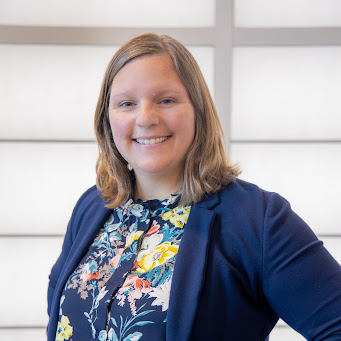 | Kelly Darnell is the Interim Director of the Gulf Coast Research Laboratory and is faculty in USM’s Division of Coastal Sciences. She is a coastal ecologist whose research focuses on the biology and ecology of seagrass ecosystems. Dr. Darnell frequently collaborates with natural resource managers to ensure the results of her research can be applied to management, conservation, and restoration decision-making. Dr. Darnell is also Director of the Mississippi Based RESTORE Act Center of Excellence, a $25M research grants program with the mission of understanding stressors on Gulf of Mexico ecosystems to facilitate sustainable use of its natural resources, and she is President of the Gulf Estuarine Research Society, a professional society whose goal is to promote research in the Gulf of Mexico.
|
Moderators:
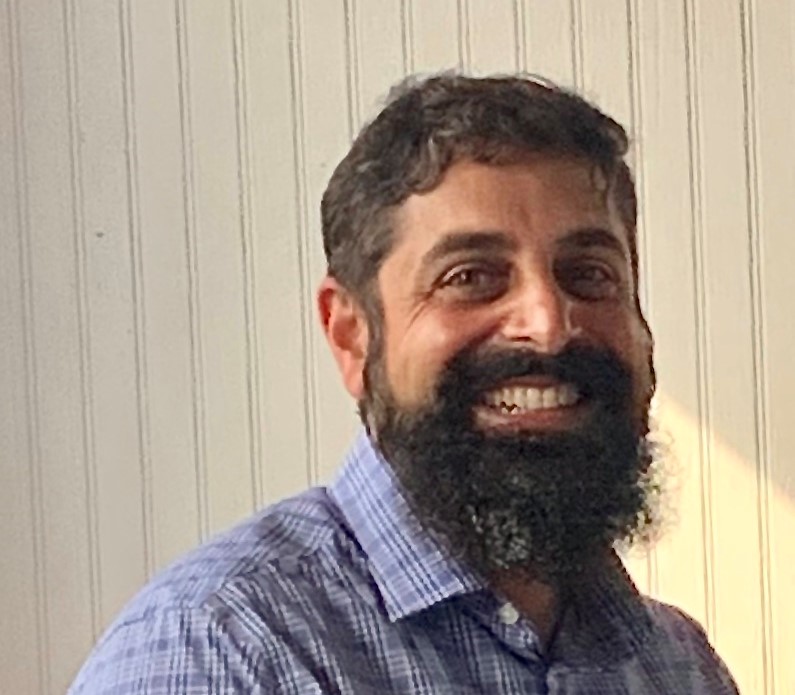 | Doug George is a geological oceanographer and the program manager for the NERRS Science Collaborative. He has worked throughout the West Coast as a federal scientist, state resource manager, and environmental consultant with projects ranging from estuary restoration and living shorelines to regional sediment management and climate change adaptation. |
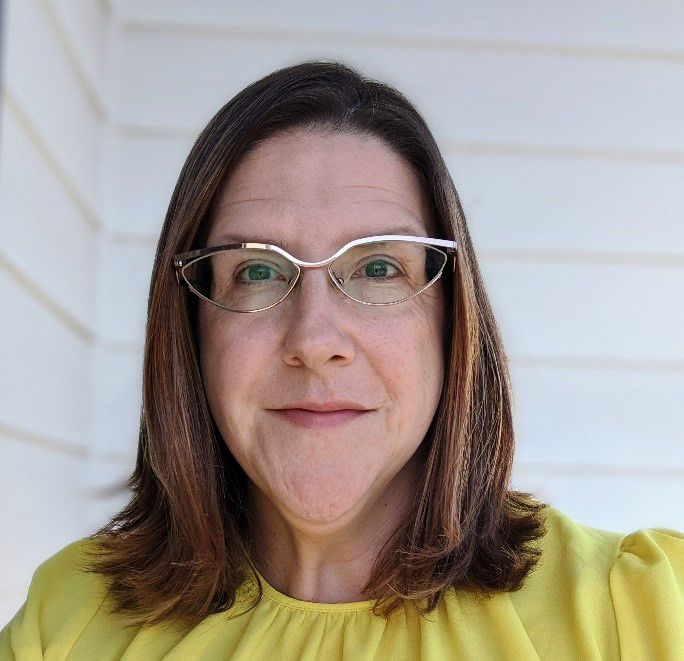 | Caitlin Young is the Science Coordinator for the NOAA RESTORE Science Program. She leads the Science Program’s efforts to synthesize environmental and human dimension research data available for the Gulf of Mexico to design funding competitions. She has a background in geochemistry and has researched the impacts of submarine groundwater discharge on coastal ecosystems. |